When you set your own boundaries, that's when you meet your real friends. Am I right?
6 Psychological Habits That End Up Hurting You
It’s important to have good relationships with people because social connections are a big part of life. However, the time spent on building a relationship doesn’t always bring positive results. If you notice that you spend more and more time worrying about other people’s opinions, it’s a good time to stop and think.
Bright Side looked into the issue and found cases where it’s better to revise your priorities.
1. You can’t say no.
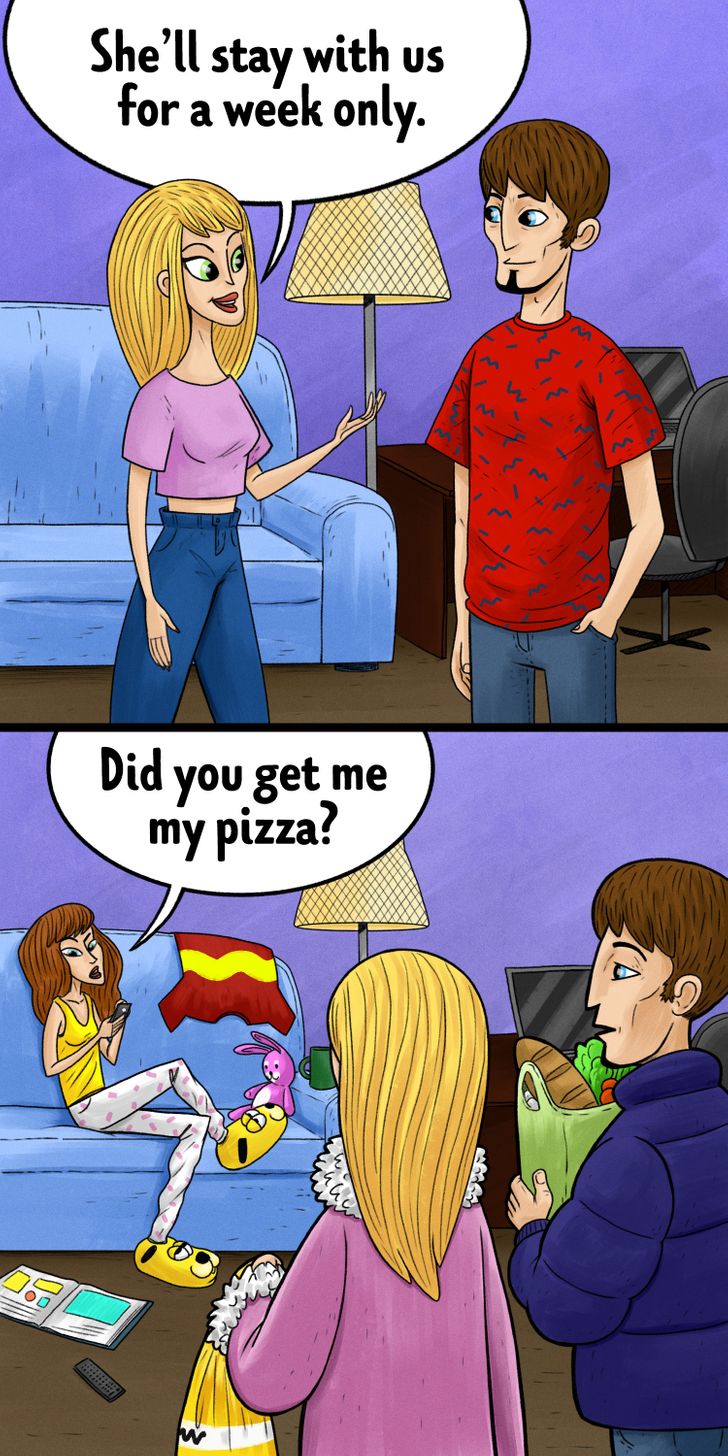
What’s going on: There are more of someone else’s tasks on your to-do list than yours. Helping, consulting, buying, looking after, lending... But if you’re asked what all these people have ever done for you, you’ll probably grow old thinking of an answer.
What to do: Make your own tasks your number one priority. If someone tries to prove that you’re a selfish and ungrateful person, they’re likely trying to manipulate your emotions. Before blindly extending a helping hand to someone, ask yourself if this person benefits from being saved all the time.
2. You’re looking for approval.
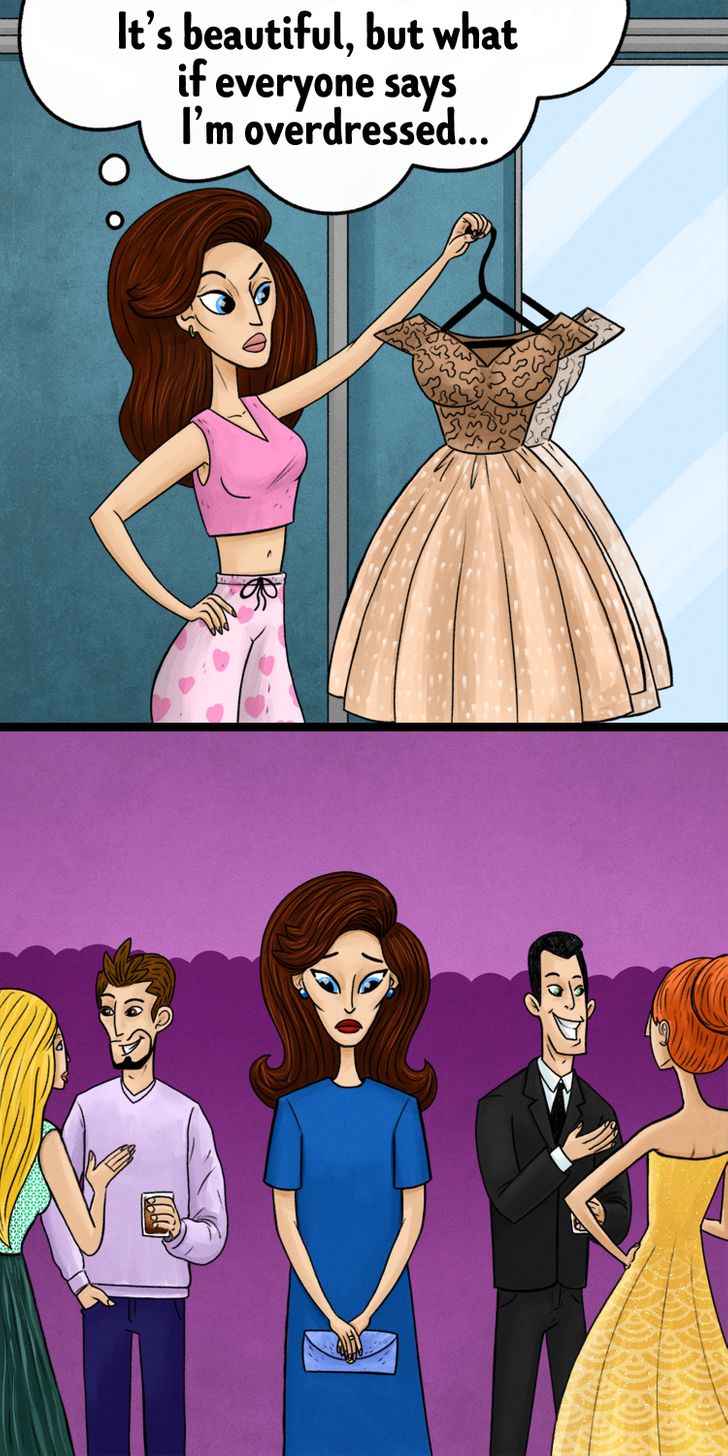
What’s going on: You don’t feel confident and constantly try to get approval from people whose opinion is important to you. You do something in order to be praised or complimented by your boss, colleagues, friends, and relatives. If you get approval, you feel that you did something “good.” If you didn’t receive the desired feedback, you feel as if you did something unimportant or “bad.”
What to do: You have to decide that you’re good and that you don’t have to prove it. Instead of looking for approval, strive to achieve your goals. Develop and progress in your profession, take care of your health, love, and be loved. Confidence will become your faithful companion, and your need for approval will disappear.
3. You smooth things over.

What’s going on: You don’t argue, complain, struggle, or stand up for your rights. It’s easier to accept, be patient and quiet, and be a good guy so as not to provoke a conflict. However, it’s an illusion: if you don’t assert your opinion, nobody will ever know that you have one.
What to do: Let yourself have an opinion. You don’t have to look for support from those who sound louder and more confident than you. When you express your opinion openly, you show your individuality. Deserved respect is more important than a one-time smile.
4. You blame yourself for other people’s emotions.

What’s going on: You often apologize if you can’t fulfill someone’s request or didn’t guess someone’s thoughts, expectations, or feelings. Anger, offense, sadness, dissatisfaction — other people’s negative emotions frighten you and make you feel guilty.
What to do: Put down the boulder you are trying to carry — the responsibility for someone else’s feelings, problems, and expectations. When you feel strangled by guilt, think about this: what did that person do to solve their problem?
5. You don’t set boundaries.
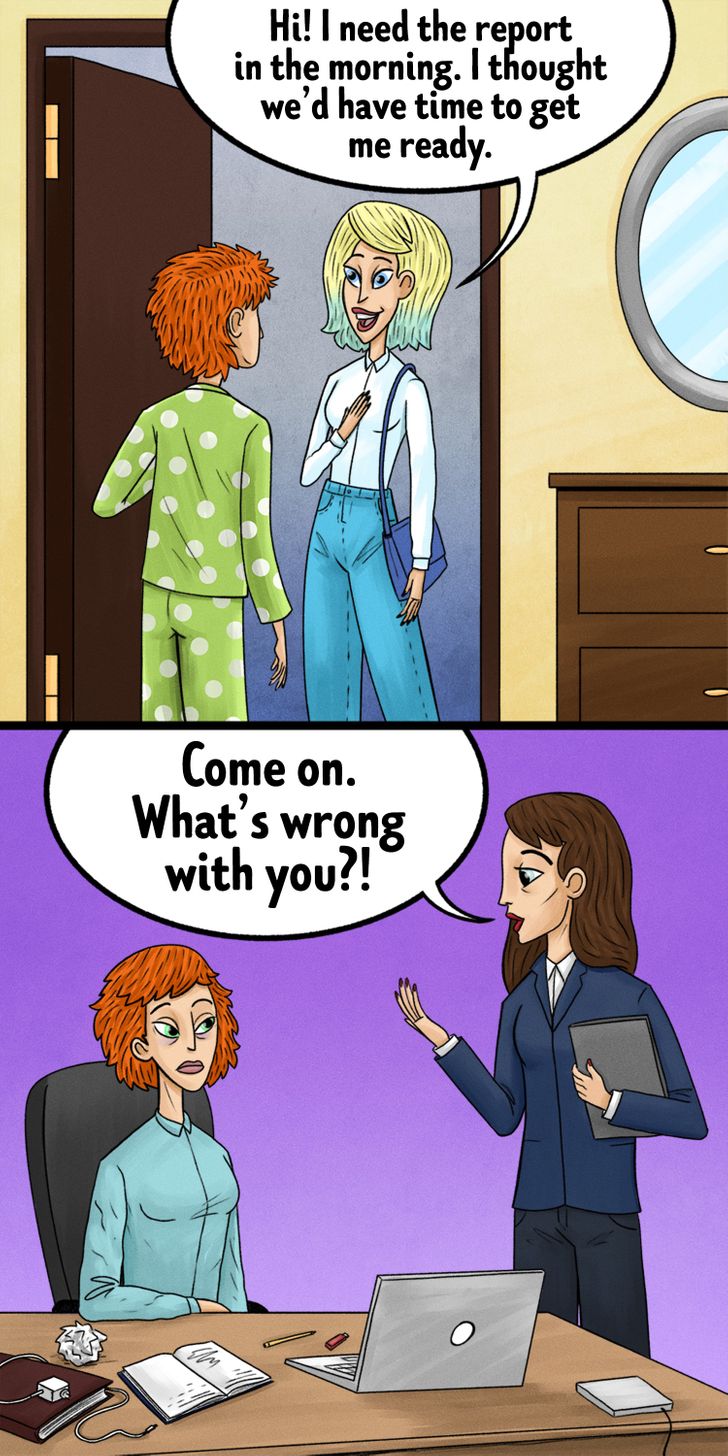
What’s going on: You’re always ready to do everything for everyone. If someone has an urgent problem, you’ll give up all your tasks, drive halfway across town, and resolve their trouble for free. You can always shift your business, but you can’t refuse to help someone else.
What to do: Think of what is your norm, and tell it to those around you. Are you going away for a weekend? Tell them you can work on the project until Friday. You shouldn’t make excuses. You must be your own priority once and for all.
6. You do things you don’t like.
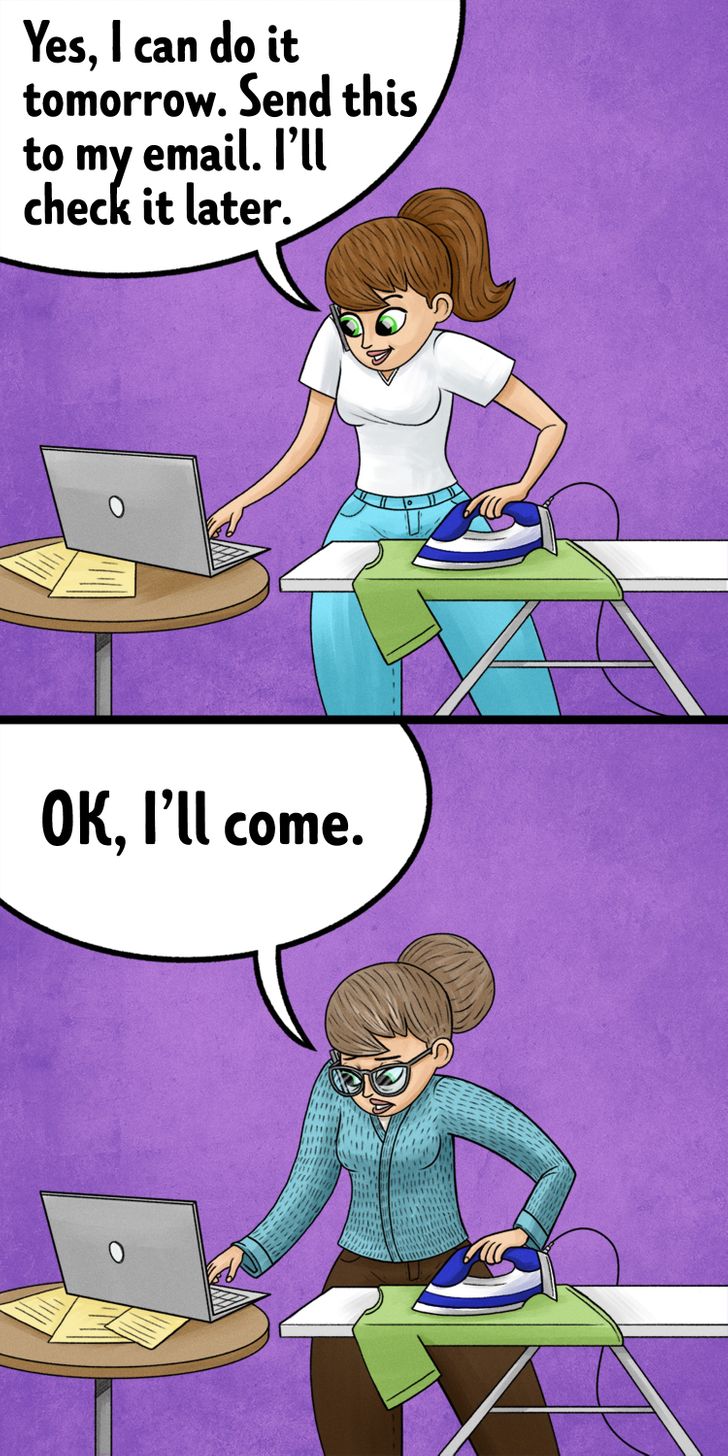
What’s going on: You’re stuck in someone else’s requests — your parents, relatives, friends, acquaintances. You rarely decline a request, so your time is separated into many tiny pieces, and none of them are yours.
What to do: Separate your personal space into time for rest, work, housework, walking, happiness, or traveling. Choose one day when you do only what you want to. Set your priorities, and think well every time before taking on someone else’s job.
Are you successful in setting your own boundaries? How do other people react to that?
Comments
You are right
Related Reads
11 Honest Illustrations About Women That You Likely Have Way Too Much in Common With
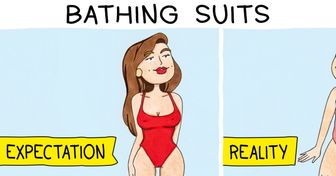
20 Painful Problems That Can Make Any Girl Cry, “Why Me?”
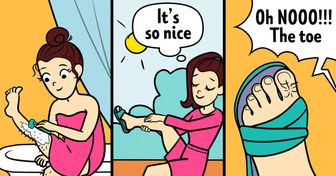
12 False Truths Imposed on Us by Society That We Should Stop Believing In

My Boyfriend’s Family Refused to Take Me on a Trip, and I Found the Perfect Revenge

Meg Ryan Makes a Rare Appearance at Met Gala After 20 Years and Looks Unrecognizable

15 Tired Kids Show Us That There’s No “Right” Place or Time to Take a Nap

20+ Weird Job Interview Stories That’ll Leave You Confused for a Long Time

«Why She Looks 40?» Kylie Jenner, 26 Gets Body Shamed by Trolls for Looking Older in Recent Paparazzi Pictures

15+ Cool Teachers Who Make Students Want to Rush to Be in Their Class

I Was Humiliated by My MIL, but Karma Had Other Plans

13 People Who Chose Self-Love Over Society’s Demands

I Refuse to See My MIL Ever Again - Her Act Is Unforgivable
